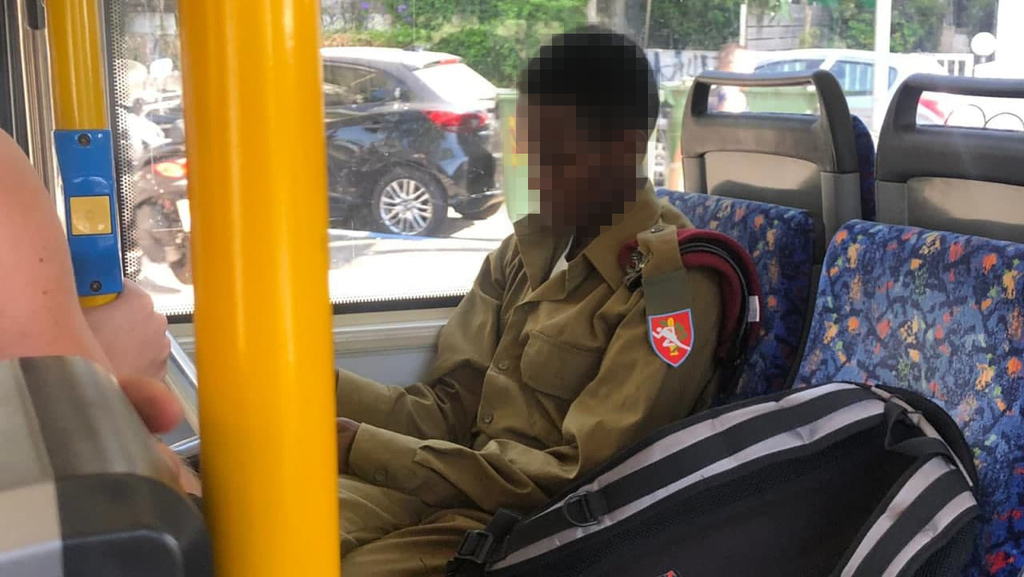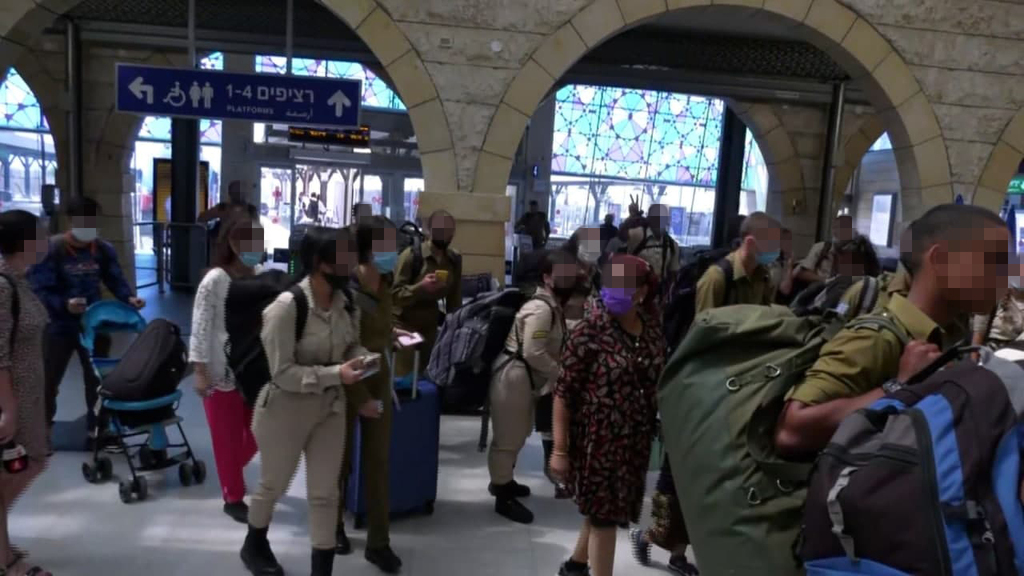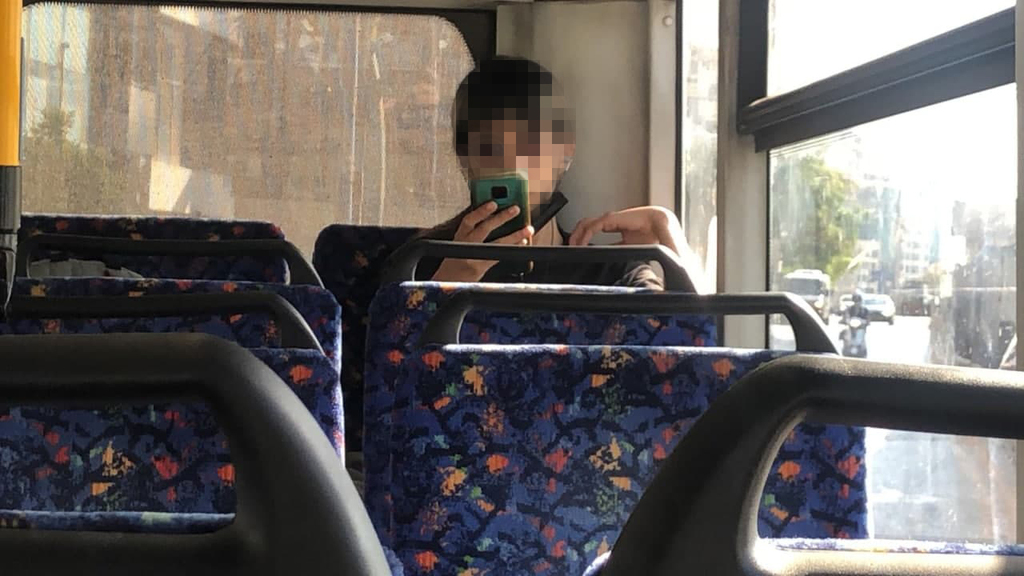Despite the surge in the number of COVID-19 cases around Israel and the subsequent reintroduction of the indoor mask mandate, the country's often overcrowded buses and trains are filled with people who are not wearing theprotective face covering.
Multiple passengers who regularly use public transportation have complained that many are failing to abide by the potentially life-saving mask mandate, a situation exacerbated by a complete lack of enforcement from the authorities.
“A lot of people are not wearing a mask,” said Haya, who often takes the bus from Herzliya to Tel Aviv.
“Even when the inspectors get on the bus, they don't say anything to the people who are not wearing a mask,” she said.
Haya’s concerns were echoed by Yolanda, another regular bus user.
“While the majority are wearing masks, there are sometimes young people who refuse to do so,” she said.
"Enforcement is necessary because the buses are jam-packed. I have a friend who actually contracted COVID on the bus.”
A similar situation was reported on the trains, where, according to frequent traveler Meir, carriages are also overcrowded and there is a clear lack of enforcement of coronavirus mitigation regulations.
3 View gallery


An IDF soldier sits on a bus without a mask despite regulations calling for one to be worn on public transport
(Photo: Nadav Abas)
"I don’t understand why it is not compulsory to have the windows opened on the trains," Meir said.
"I also think that the train station at Ben-Gurion Airport should be closed," he said, referring to a previous measure that has not been reinstated.
"Obviously we can't close the airport, so we should at least stop those returning from abroad from using public transportation," he said.
Frequent train passenger Ziv singled out IDF soldiers for failing to wear a mask, but says the problem is more widespread.
“'People enter the train station without a mask and then get on the train. Passengers also are not wearing masks, especially soldiers," he said.
There are no direct guidelines in Israel for public transportation, save for the directive on wearing a mask indoors.
The restrictions introduced at the start of the pandemic, such as keeping windows on public transport open and limiting the number of passengers to avoid overcrowding, have not been reinstated despite the sharp rise in virus cases in the country.
3 View gallery


Passengers, many without masks, crowd onto the platform at a Be'er Sheva train station
(Photo: Ephraim Barel)
The Transportation Ministry also previously employed inspectors who boarded buses and trains to rebuke passengers not wearing masks, although they did not have any power to enforce the regulations. But they were let go as the number of cases declined and have not been replaced.
The director-general of the Public Security Ministry, Tomer Lotan, said Monday said that his ministry was going to take responsibility for enforcement and that municipal inspectors were needed as well as police to fully enforce the regulations.
Lotan said that municipal inspectors have powers that police officers often do not, and that there would soon be an additional 1,600 to enforce regulations.
The Transportation Ministry said that while enforcement of the mask mandate was "the responsibility of the police," it was working with the Public Security Ministry to increase enforcement on public transportation.


